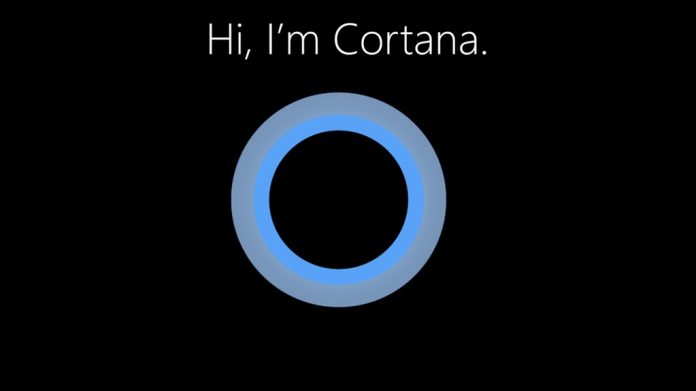It seems this is being done by contractors and not directly within Microsoft. However, one contractor says the fact they have permission and the ability to listen to users shows “how lax things are in terms of protecting user data”. While not wanting to be named, the contractor says personal communications are often heard. They cite “phone sex” as common when reviewing audio, as well as users entering personal information such as their address into Cortana. That said, the source says Microsoft contractors do not have access to user-specific data. Still, users are likely to be alarmed that people can listen in to their conversations. Microsoft contractors are able to work from home and are not necessarily major organizations. While Microsoft is certainly not the first (or indeed worst) company in regards to privacy, the company has often painted itself as better than the rest. While companies like Google and Facebook have seen their trust amongst users shatter, Microsoft’s has remained largely intact. In terms of handling voice data, Apple and Google has been in tricky situation regarding how they handle data. Apple has paused allowing its contractors to listen on services such as Siri. As for Google, the company has shuttered its own program in Europe.
Unclear Information
Microsoft allows contractors to listen to recordings from Skype and Cortana in an effort to improve those services. Contractors are told by the company to listen to audio from Skype’s AI-based translation service and translate the clips. It is worth pointing out, Microsoft allowing contractors to listen to user audio is not a secret. The company explains it takes voice data. The company says of Cortana that “sentences and automatic transcripts are analyzed and any corrections are entered into our system, to build more performant services.” Elsewhere, it says that it “[verifies the] automatic translations and feeds any corrections back into the system.” As Motherboard reports, while this information is provided by Microsoft, the company never specifies a human will be doing the listening. It also does not detail how users are able to opt out if they want to. Speaking to Motherboard, the company said it tries “to be transparent about our collection and use of voice data to ensure customers can make informed choices about when and how their voice data is used,” adding that “Microsoft gets customers’ permission before collecting and using their voice data.” They explained that this voice data is used “to provide and improve voice-enabled services like search, voice commands, dictation or translation services.” “We also put in place several procedures designed to prioritize users’ privacy before sharing this data with our vendors. Including de-identifying data, requiring non-disclosure agreements with vendors and their employees, and requiring that vendors meet the high privacy standards set out in European law,” the spokesperson continued, “We continue to review the way we handle voice data to ensure we make options as clear as possible to customers and provide strong privacy protections.”




